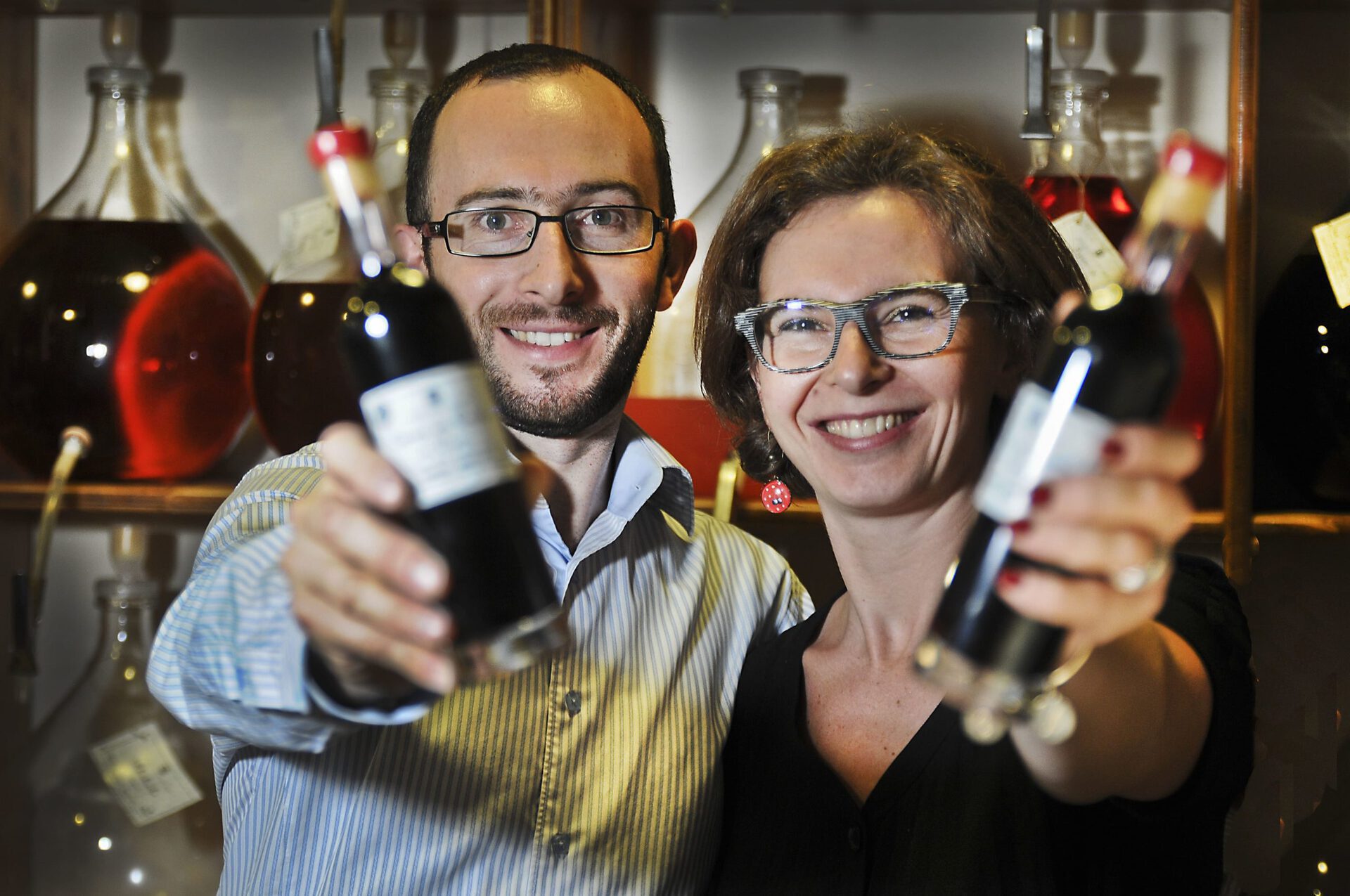What is a Liqueur?
When we talk about alcoholic beverages, we generally distinguish between wines on one side and spirits on the other. The liquor is part of the great family of spirits as well as cognacs or gins for example.
To be called Liqueur, the drink must comply with a number of rules. All these rules are defined by a European regulation.
The important thing to remember about a liquor is that it is an alcoholic beverage with at least 15% alcohol. A liquor is always sweet. The general rule is that a liqueur must contain at least 100g of sugar per litre.
What is the difference between a liqueur and a syrup?
The difference between a liquor and a syrup is mainly the presence of alcohol or not. A liquor is always alcoholic. While a syrup is always without alcohol. Thus, for pregnant women or children, drinking a liquor is prohibited because of the presence of alcohol. It is then necessary to prefer a syrup for small or future mothers.
Another difference: in general, a syrup contains more sugar than a liqueur. Indeed, a syrup must contain at least 55% of sweetening matter (white sugar, refined sugar, dextrose, honey, etc.). While a liquor must contain minimum 100g of sugar per liter.
If we come back to Briottet, only liqueurs are part of the know-how perpetuated by the 6th generation.
What is the difference between a liqueur and a cream?
A cream is a liquor, but a liquor is not necessarily a cream. You don’t understand anything anymore? Don’t panic, we explain.
To begin with, we must know that in the family of spirits, there are liqueurs. And in the family of liquors there are fruit creams or cream. The specificity of creams is to impose a minimum sugar level of 250 g per liter. When the liquor imposes a minimum sugar level of 100g per litre. So all fruit creams are always liquors. But liqueurs are not always creams, have you followed?
So you’re inferring that when you see the term “cream of …”, the product will be sweeter than a “liquor of …”. Yes, but no! From the moment there is at least 250g of sugar per liter, the liquorist then has the choice to call it liqueur or cream. Indeed, the drink respects both definitions. More than a choice of the liquorist, it is often a use. For example, at Briottet, we have a Manzana Verde. In the recipe, we put 300 grams of sugar per litre. So we could call it: Apple Cream. But our consumers are used to the term Manzana Verde, Liqueur. We chose to follow what our customers expected.
In summary, a liquor must have at least 100g of sugar per litre. While a cream must contain 250 grams of sugar per litre minimum. It would be almost too simple if there were no exception! And yes, the Crème de Cassis is the exception. To be called Crème de Cassis, the recipe must contain 400g of minimum sugar as specified in the legislation. Below, we will talk about Liqueur de Cassis. On the other hand, do not think that Cassis liqueur always has less sugar than Crème de Cassis. Again, from the moment there is at least 400g of sugar, the liquorist has the choice to call it Cream or Liqueur!
To conclude on the question of the difference between cream and liqueur. Do not rely (too mcuh) on the term written on the label thinking that it will be better or worse or too sweet. As a liquorist, we add sugar when necessary. Blackcurrant is a perfect example. Yes, sugar is important. Simply because we use a lot of blackcurrants! The fruit is very acidic so sugar counterbalances acidity. Every liqueur recipe has a specific sugar dosage. Our goal is always to find balance in our liquors.


